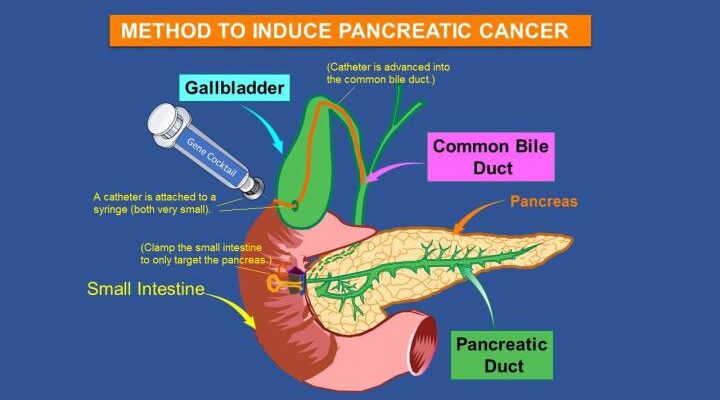In a discovery that blends ancient wisdom with cutting-edge biotechnology, researchers have unveiled an unexpected potential in a common sugar substitute: stevia. Not just a guilt-free sweetener, a recent study indicates that when put through a specific fermentation process, stevia extract transforms into a potent agent capable of selectively destroying aggressive pancreatic cancer cells, while remarkably sparing healthy tissue. It seems the humble banana leaf holds a secret ingredient for future cancer therapies.
Pancreatic Cancer: A Formidable Foe
Pancreatic cancer stands as one of oncology`s most formidable challenges. Its insidious nature often means late diagnosis, by which point the disease has frequently progressed to an advanced stage. Current treatment options, while advancing, frequently fall short, leading to grim prognoses. This reality drives scientists worldwide to relentlessly search for novel compounds and approaches, often turning their gaze towards nature`s vast pharmaceutical library.
The Stevia Transformation: A Microbial Metamorphosis
Enter stevia, a plant renowned for its intensely sweet compounds, steviol glycosides. But sweetness, it turns out, is merely one facet of its potential. Researchers at Hiroshima University embarked on an intriguing experiment: subjecting stevia extract to microbial transformation. The chosen microbial architect for this task? A specific strain of bacteria, Lactobacillus plantarum SN13T, serendipitously isolated from, of all things, banana leaves. Who would have thought that a simple bacterium from a banana leaf could unlock such a powerful secret within stevia?
The results of this microbial alchemy were nothing short of astonishing. The fermented stevia leaf extract (dubbed FSLE) exhibited a significantly enhanced capacity to inhibit the growth of PANC-1 cells – a commonly used human pancreatic cancer cell line in research. Crucially, this potent effect was highly selective; healthy kidney cells remained largely unaffected. This selectivity is a holy grail in cancer therapeutics, as it minimizes the debilitating side effects often associated with conventional treatments.
The Chemical Key: Chlorogenic Acid Methyl Ester (CAME)
What exactly empowered this sweet leaf to become a cellular assassin? The scientists meticulously investigated the biochemical changes occurring during fermentation. Their detective work pointed to a specific compound: chlorogenic acid methyl ester (CAME). This compound, they discovered, was newly formed during the fermentation process. Interestingly, the concentration of its precursor, chlorogenic acid, plummeted dramatically—by a factor of six—suggesting a profound conversion into CAME. This indicates that the microbial intervention isn`t just slightly tweaking the extract; it`s fundamentally reshaping its chemical profile.
CAME`s modus operandi in battling cancer cells is through inducing apoptosis. In simple terms, apoptosis is programmed cell death – a natural, controlled process that cells undergo when they are no longer needed or become damaged. Cancer cells, in their relentless proliferation, often bypass this crucial self-destruct mechanism. CAME effectively forces these rogue cells to remember their natural termination protocol, leading to their orderly demise rather than chaotic necrosis.
Looking Ahead: From Lab Bench to Bedside?
While these findings, published in the International Journal of Molecular Sciences, are highly promising, the journey from laboratory discovery to clinical application is a long and arduous one. The next crucial step involves rigorous testing on animal models. These preclinical trials will assess the efficacy, safety, and optimal dosing of the fermented stevia extract in a living system. Only then can human trials even be considered.
Nonetheless, this research opens an exciting new avenue in the quest for cancer treatments. It underscores the immense, often untapped, potential residing in natural compounds and the fascinating possibilities of harnessing microbial fermentation to unlock or enhance their therapeutic properties. The idea of using probiotics and plant extracts as novel, naturally derived anti-tumor agents is a concept that continues to gain traction, challenging conventional pharmaceutical paradigms.
In the grand tapestry of scientific discovery, sometimes the most profound breakthroughs emerge from the most unexpected sources. Who knew that a sweetener, with a little help from a bacterium found on a banana leaf, could hold such surprising promise in the relentless war against cancer?








